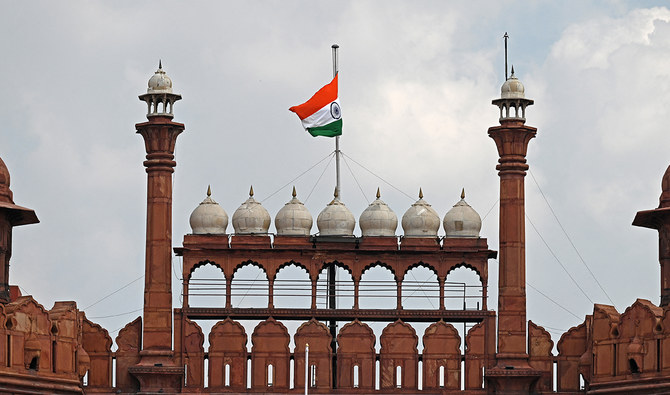NEW DELHI: India is drafting a proposal for G20 countries to help debtor nations badly hit by the economic fallout from the pandemic and Ukraine war, by asking lenders including China, the world’s largest sovereign creditor, to take a large haircut on loans.
Two Indian government sources told Reuters of the proposal as finance ministers and central bank chiefs from the Group of 20 prepared to meet in Bengaluru next week. The gathering will be the first major event of India’s one-year presidency of the G20, a bloc composed of the world’s biggest economies.
The International Monetary Fund (IMF) said on Tuesday it would hold a virtual meeting with the World Bank, India, China, Saudi Arabia, the United States and other wealthy Group of Seven (G7) democracies on Friday to try to reach understandings on common standards, principles and definitions for how to restructure distressed country debts.
“India is designing a proposal” to try to persuade countries like China to take a big haircut in lending to nations in difficulty, said one of the Indian officials, both of whom declined to be named as they were not authorized to talk to the media.
China and other G20 countries were aware that India was working on a proposal, the officials said.
China’s Ministry of Foreign Affairs told Reuters on Wednesday it had nothing to share beyond spokesperson Wang Wenbin’s comment at a news conference on Tuesday.
“China takes the debt issue of developing countries seriously and supports relevant financial institutions to put forward solutions,” he said.
“It is our consistent stance that multilateral financial institutions and commercial creditors, which hold the bulk of the debt of developing countries, should participate in the debt relief efforts.”
The People’s Bank of China and the Finance Ministry did not immediately respond to requests for comment.
India’s finance and foreign ministries did not immediately respond to emails and messages seeking comment either.
New Delhi expects the United States to be one of the main backers of its proposal, said one of the sources.
A spokesperson for the US Treasury declined to comment.
US Treasury officials have previously said that they are opposed to China’s demand that multilateral development banks also take haircuts on debt principal in any restructurings. It was unclear whether the Indian proposal would advocate multilateral lenders taking haircuts.
Two of India’s neighbors, Pakistan and Sri Lanka, are in economic crisis, and urgently seeking international help before they run out of foreign currency to pay for vital imports.
India and the Paris Club of creditors recently told the IMF they supported Sri Lanka’s debt restructuring plan as the bankrupt nation sought a $2.9 billion loan. The United States said earlier this month it was willing to do its part too but that “we need to see credible and specific assurances that (China) will meet the IMF standard of debt relief.”
The Export-Import Bank of China has offered Sri Lanka a two-year moratorium on its debt and said it would support the country’s efforts to secure an IMF program, which a Sri Lankan government source said was not enough.
The IMF, the World Bank and the United States have pushed for the so-called Common Framework — a G20 initiative that was launched in 2020 to help poor countries delay debt repayments — to be expanded to include middle-income countries but China has resisted.
In December, World Bank President David Malpass said the world’s poorest countries owed $62 billion in annual debt service to bilateral creditors, a year-on-year increase of 35 percent, triggering higher risk of defaults.











